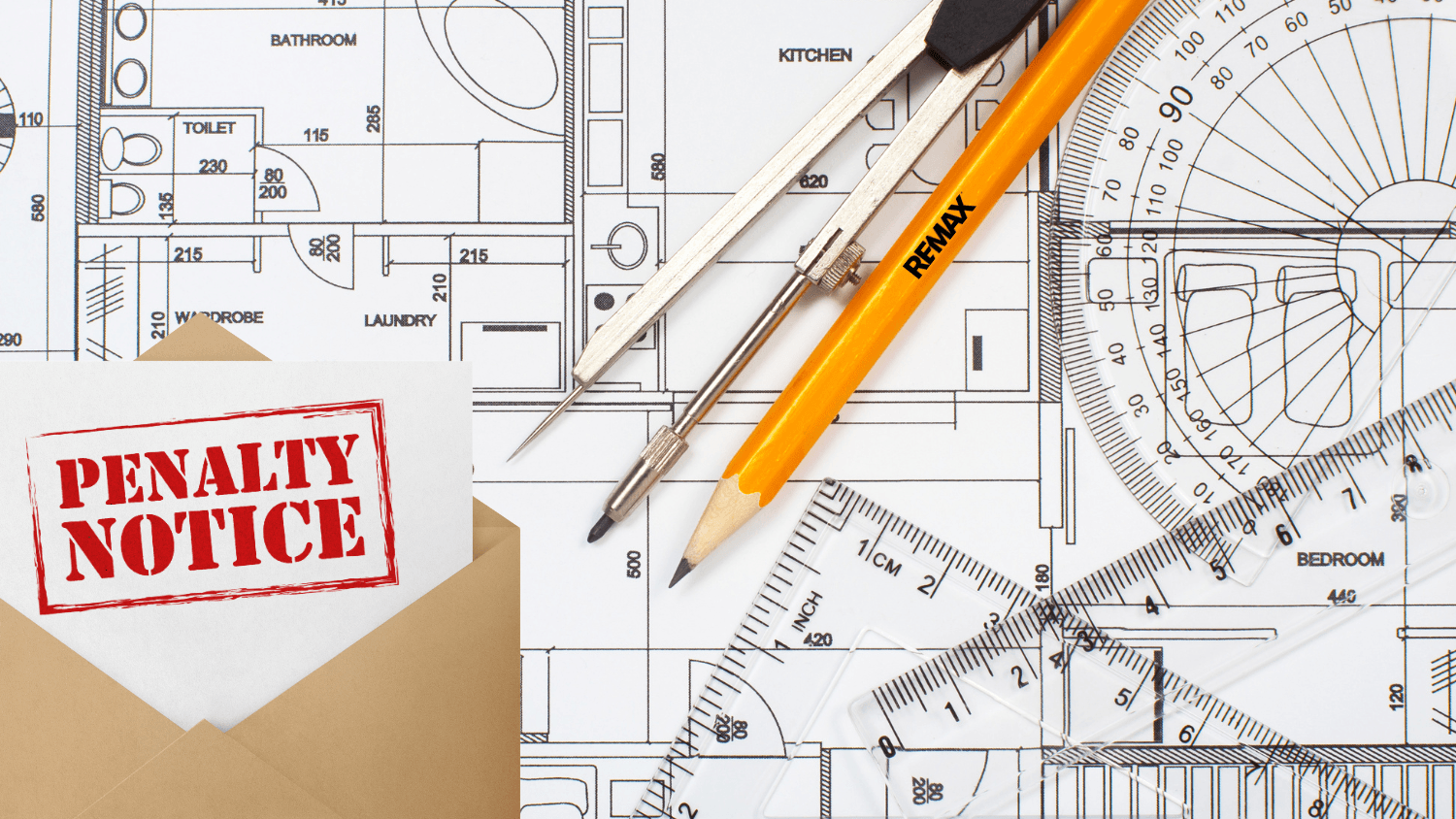Although packing and unpacking boxes is a major element to moving homes, it is certainly not the only factor that needs to be considered when changing your address.
When it comes to moving homes, there are also a few legal matters that will require attention. Each situation will be different, and as such there will be unique aspects that should be taken into account. For example, if you were renting your previous property and are still bound by the lease agreement, you will need to read through your contract to see what your options are. You might be able to be released from the lease agreement early or find another tenant that could take over the property until the terms of the lease end - this will require some research and a discussion with the landlord.
There are some legal and technical details that buyers need to keep in mind when moving:
It is best to ensure that the move is covered
A vital aspect when making arrangements with a moving company is to check whether any mishaps are covered by insurance. Read through all documentation provided by the moving company to see what falls under the insurance coverage during the move and what isn’t. While the moving company will provide some insurance, depending on the contract, it might be worthwhile to take out additional coverage.
Send change of address to the relevant parties
A change of address notification will need to be sent to all creditors and banks. This will ensure that no payments or important notices are missed that could affect your credit record. As a precaution, also ask the post office to forward all post to your new address. The change of address should also be sent to any publications you have subscriptions with, as well as family and friends.
Transfer or disconnect utilities
Utilities or services will need to be transferred to the new address or discontinued if no longer applicable. These would include items such as water and electricity services, newspaper delivery, a telephone landline, DSTV subscription or a private security company. There might be a deposit to be refunded from certain service providers. Also advise service providers where final bills can be sent.
Obtain all the necessary records
Although not as important if you are moving to a home within the same area, for those who are relocating to another city, it is important to get a copy of all vital documentation. This will include medical records from the family doctor, along with any chronic prescriptions that need to refilled or transferred to another pharmacy. Families should get their children’s school records such as copies of report cards and a transfer card. Other records would include birth documents for all family members and any legal records.
While relocating can be a rather tedious exercise, if you have a checklist and systematically deal with all the necessary aspects involved, it will be a far more manageable experience.





